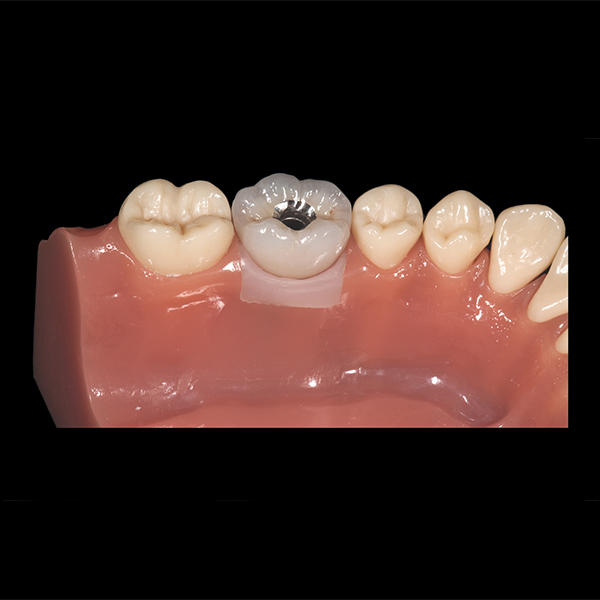The Importance of Proper Care and Maintenance for Dental Implants

Do Dental Implants Require Special Care and Maintenance? This question often arises among individuals who have undergone dental implant surgery. Dental implants are a long-lasting and effective solution for replacing missing teeth, but they do require proper care and maintenance to ensure their longevity and functionality. In this article, we will explore the importance of taking care of dental implants and provide useful tips on how to maintain them.
1. Oral Hygiene Practices for Dental Implants
Proper oral hygiene practices are crucial for maintaining the health and longevity of dental implants. Just like natural teeth, implants can be affected by harmful bacteria and plaque buildup, leading to potential complications such as peri-implantitis, an inflammatory disease that affects the tissues surrounding the implant.
To maintain optimal oral hygiene for dental implants:
- Brush your teeth at least twice a day using a soft-bristle toothbrush and a non-abrasive toothpaste. Pay special attention to the gum line around the implants.
- Floss daily to remove plaque and food particles from between the implants and natural teeth.
- Use an antimicrobial mouthwash recommended by your dentist to control bacterial growth.
2. Regular Dental Check-ups
Regular dental check-ups are essential for monitoring the health of your dental implants. Your dentist will thoroughly examine the condition of your implants, assess the surrounding tissues, and identify any signs of infection or complications at an early stage.
It is recommended to visit your dentist every six months for routine check-ups and cleanings. However, your dentist may recommend more frequent visits if you have specific oral health needs.
3. Avoid Harmful Habits and Foods
To ensure the longevity of your dental implants, it is important to avoid certain habits and foods that can potentially damage them:
- Avoid smoking or using any tobacco products, as they can increase the risk of implant failure.
- Avoid biting or chewing on hard objects such as ice, pens, or hard candies, as they can exert excessive force on the implants.
- Avoid consuming excessive amounts of sugary and acidic foods and beverages, as they can contribute to the development of plaque and increase the risk of dental implant complications.
4. Protect Your Implants During Physical Activities
If you participate in physical activities or sports that carry a risk of dental trauma, it is essential to protect your dental implants. Wearing a mouthguard can help prevent any potential damage to your implants due to sudden impact or injury.
5. Dental Implant Maintenance Products
There are specialized dental implant maintenance products available on the market that can aid in the maintenance and care of your dental implants. These products include interdental brushes, water flossers, and antimicrobial rinses, which can effectively clean and remove plaque from hard-to-reach areas around the implants.
Regularly using these products as recommended by your dentist can help enhance the cleanliness and longevity of your dental implants.
Conclusion
Proper care and maintenance are vital for the success and longevity of dental implants. By practicing good oral hygiene, visiting your dentist regularly, avoiding harmful habits and foods, protecting your implants during physical activities, and utilizing dental implant maintenance products, you can ensure the health and functionality of your dental implants for years to come. By following a comprehensive care routine and seeking professional guidance, you can enjoy a confident smile and improved oral health with your dental implants.




